Jose Antonio Vargas risks deportation every time he boards a plane to get to his next speaking engagement, . but the political reporter, documentarian, and activist for undocumented citizens continues to speak, using his position as an undocumented citizen from the Philippines to make people think critically about what makes someone “American.”
Vargas wants people to realize that immigration, documented or not, is more common than one may think, and Florida is one of the places where the immigration debate is most poignant. One in five Florida residents are immigrants and 20% of those immigrants are undocumented.
“If you think you don’t know an immigrant, you’re wrong,” said Vargas.
In his speech attended by hundreds of students, he encouraged people with citizenship to stand up for their undocumented friends and neighbors and challenge the morality of current immigration laws.
He said now is a time for co-conspirators, not passive allies, and wants people to consider just how far they would go to protect someone being targeted because of their immigration status.
Growing up in Florida, I have friends and family all across the immigration status spectrum, from naturalized citizens to DACA recipients to green card holders to children of undocumented parents.
Due to xenophobia and the sensitive nature of immigration status, it is often unsafe for those who are most affected to be vocal about the effects of anti-immigrant rhetoric on their daily lives. They rely on people with citizenship to ensure their freedom.
When injustice becomes law, it is imperative for rebellion to become the status quo. Historically, the exclusion from citizenship and deportation of individuals based on religion, ethnicity, sexual orientation, and ability status was completely legal and forcefully implemented.
The people who we now consider heroes were criminals in their time; rebels and lawbreakers such as Oskar Schindler and Harriet Tubman became regarded as saints.
Furthermore, people like Vargas did not have a choice in becoming undocumented citizens in a country where their very existence is considered illegal. At the age of 12, Vargas’s mother sent him on a plane with a man he’d never met and a fake green card to Mountain View, California, where he would live with his grandparents, naturalized citizens who had left the Philippines decades earlier.
There is not a pathway to citizenship for Vargas, except for returning to a country destabilized by colonialism that his family fought to help him leave. Then, he would have to apply for US residency 10 years later.
However, like other undocumented immigrants, Vargas has built a life for himself in the US. With the support of his high school teachers and other key members of his support system, Vargas was able to establish a career in journalism, writing for The Boston Globe, The New Yorker, and Washington Post among other publications under the false claim that he was a documented American citizen.
In 2011, against the advice of 27 lawers, Vargas wrote an essay for the New York Times Magazine detailing his life as an undocumented citizen. In it, he explained that he had committed perjury by claiming citizenship to gain employment, one of the highest offenses possible for someone in Vargas’ position.
He expected that he would be deported shortly after the piece was published, but eight years later, he’s still in the U.S.
“I know President Obama; I’ve interviewed him. That year he was deporting 400,000 immigrants a year, and I don’t understand why I wasn’t one of them,” he said.
According to the IRS, undocumented immigrants pay approximately $23.6 billion in federal income taxes in 2015.
In order to contribute to the growth of the American economy, many immigrants are forced to leave their countries of origin due to destabilization caused by colonialism and political interference from core nations. Immigrants do not deserve to be forced to leave their livelihoods behind because of circumstances beyond their control.
Since then, the conversation around legality has gotten even more contentious. Currently, the Deferred Action for Childhood Arrivals (DACA) Act provides legal protection from deportation for hundreds of thousands of people brought to the US unlawfully as children and allows recipients to apply for work visas. The act currently lies in limbo as it faces a challenge in the Supreme Court.
The history of immigration in the US has been a dark and contentious one, and, as Vargas argued, cannot be regarded separately from the nation’s institutionalized racism, xenophobia, and inaccurate portrayal of immigrants.
“What we’re seeing now is a culmination of everything that came before it. When you see how ‘illegals’ are represented in the media, it’s no wonder people are being locked up in cages,” said Vargas.
Vargas’ presence on campus gave students who felt they had no connection to the issue of immigration a chance to reflect on their beliefs about undocumented citizens. It also lead students to consider their role in ensuring that people’s human rights are respected, regardless of immigration status.

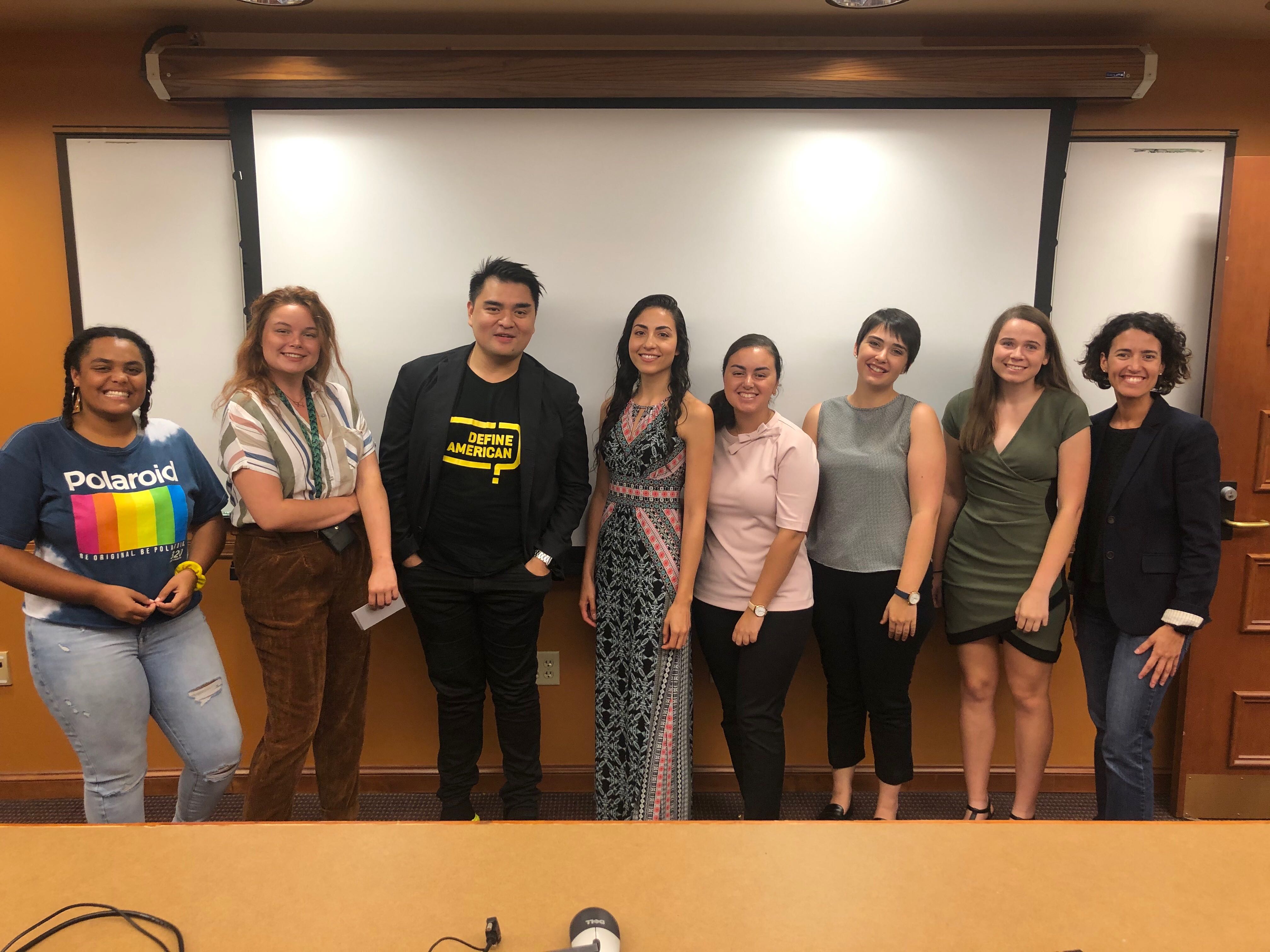
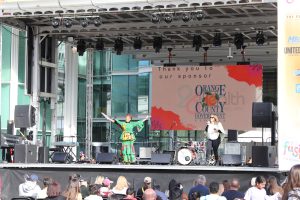
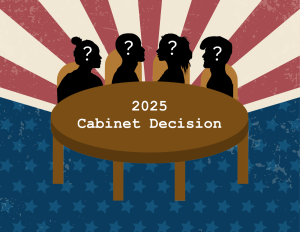






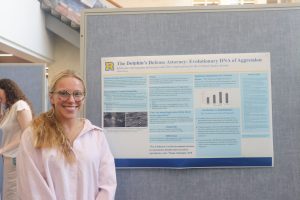




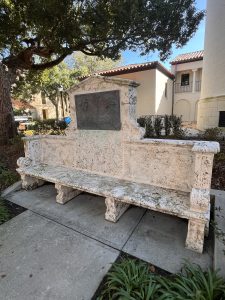


Be First to Comment